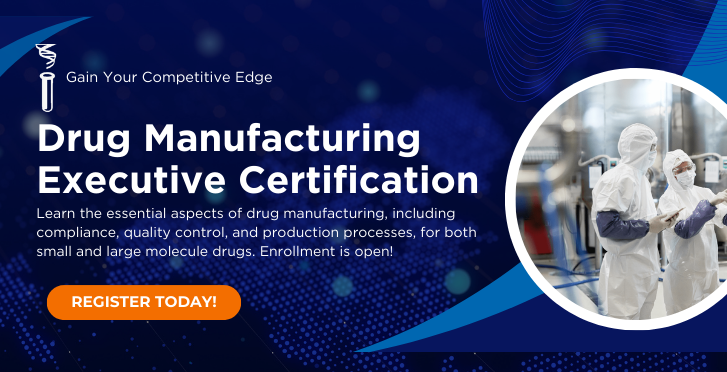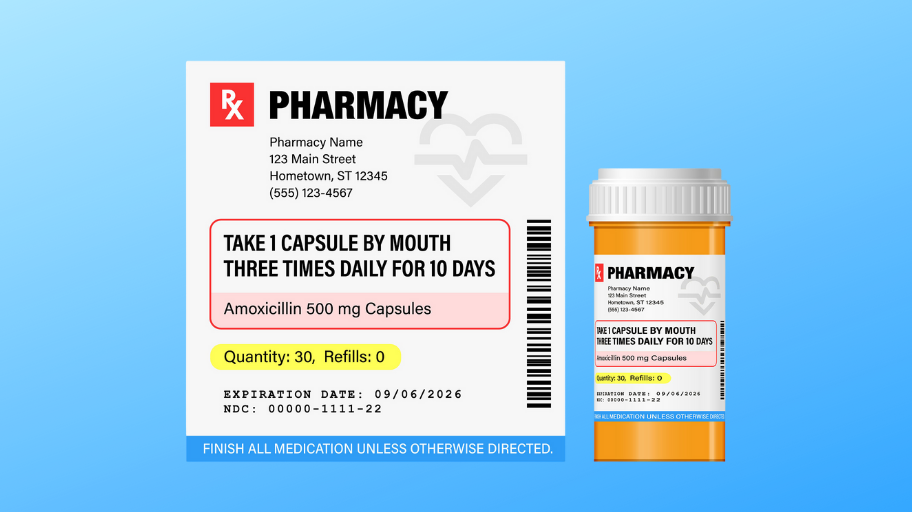Silencing Disease: Unveiling the Potential of ASO’s

Antisense oligonucleotide (ASO) technology revolutionizes disease treatment by specifically targeting and modifying RNA. With 11 FDA-approved ASOs, this therapeutic class is rapidly gaining traction due to its precision in targeting proteins that are inaccessible to traditional treatments.
Why It Matters
Antisense oligonucleotides offer well-established safety and risk profiles, rendering them prime candidates for treatments, especially rare genetic disorders where extensive testing prior to patient administration is not feasible.
State of Rare Disease
- The FDA’s Center for Biologics Evaluation and Research (CBER) launched a novel program, Operation Warp Speed for Rare Diseases, aimed at expediting the development of genomic therapies for rare diseases. This initiative reflects a growing acknowledgment of the urgent need for swift and effective treatments.
- Across the pond, the U.K.’s Nucleic Acid Therapy Accelerator is paralleling this effort, focusing on accelerating the path to market for innovative therapies.
Regulatory Milestones
The ASO landscape is rapidly evolving, with two significant FDA approvals in 2023 and others in the pipeline for 2024.
- Ionis Pharmaceuticals’ Qalsody (tofersen) for ALS received accelerated approval in 2023 and marked the first intrathecally administered ASO.
- AstraZeneca’s Wainua (eplontersen) was approved in late December 2023 for transthyretin amyloidosis.
- Ionis Pharmaceuticals is poised to seek FDA approval for Donidalorsen in late 2024 following encouraging Phase III trial results.
These advancements, alongside 88 ASOs in clinical trials, signify significant progress in this field, especially in developing new delivery methods and expanding ASO’s therapeutic range.
Deep Dive
The ASO sector has seen a number of recent strategic mergers and acquisitions, reflecting the industry’s optimism about ASO therapies.
- Ultragenyx acquired GeneTx for $75M, gaining rights to GTX-102 aimed at treating Angelman syndrome.
- Ionis Pharmaceuticals recently sold the European licensing rights to Donidalorsen to Otsuka Pharmaceutical for $65M after achieving the primary endpoint of its Phase III trial.
- GSK invested $170M upfront in WVE-006, reflecting confidence in ASO’s therapeutic potential.
Challenges Ahead
While ASOs offer groundbreaking potential in treating genetic disorders, their high costs risk posing a barrier to adoption.
- Tofersen is priced at over $14,000 per dose, leading to an annual expense of approximately $200,000, while each Nusinersen injection costs $125,000, putting first-year treatment costs at $750,000. The lack of affordability risks restricting patient access to these innovative therapeutics.
- Efforts to enhance ASO accessibility include innovative pricing strategies, such as outcome-based agreements, negotiations with insurers, and increased government funding for rare diseases alongside patient assistance programs. Charitable organizations like the n-Lorem Foundation are also working to alleviate the financial burden of treatment for individuals with rare genetic diseases.
The Bottom Line
The promise of ASOs in revolutionizing precision medicine is immense, yet the high cost and complexity of these therapies pose significant challenges to development and accessibility. Charitable initiatives and innovative pricing models highlight a path forward, ensuring that the life-changing potential of ASOs can reach all patients, not just those who can afford them.
Up Your Game
Unlock new career opportunities with Biotech Primer’s expertly curated Executive Certification Programs for financial professionals and accountants. With four Executive Certifications on offer, earn NASBA-approved Continuing Professional Education (CPE) credits, often needed for licensing and professional requirements.
- Biotechnology Executive Certification
- Drug Development Executive Certification
- Drug Manufacturing Executive Certification
- Medical Device Executive Certification

Biotech Primer is your go-to source for interactive training across the biotechnology, pharmaceutical, molecular diagnostics, and medical device sectors. Explore a range of in-depth biotech courses designed to deepen your understanding of key principles and applications in the field.
Learn More









